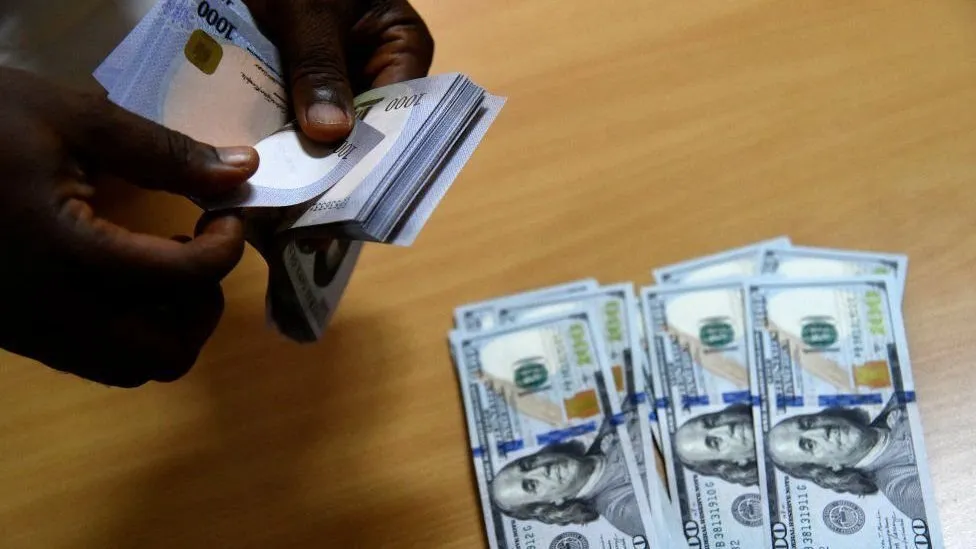The Naira demonstrated resilience against the dollar on February 3, 2024, closing at N1,435.53/$1 at the official market, marking a 1.84% gain over the tumultuous week. This modest uptick translates to an N26.37 gain compared to the previous day’s close of N1,461.90.
Data from the official market, NAFEM, indicated an intraday high of N1526/$1 and an intraday low of N838.96/$1, reflecting a significant spread of N687.04/$1. Forex turnover at the close of trading was $440.13 million, registering a 180.59% decrease from the previous day.
However, the naira maintained its position at the parallel forex market, closing flat at N1,500/$1—a marginal 0.33% decline from the previous day’s N1,495. Peer-to-peer traders quoted around N1432.40/$1.
Key Insights and Central Bank Actions
- CBN’s Vigilance: The Central Bank of Nigeria (CBN) has actively addressed issues of forex speculation and hoarding by commercial banks. New circulars introduced guidelines to mitigate risks associated with these practices.
- Governor’s Statement: Governor Yemi Cardoso affirmed that the naira is undervalued and pledged efforts towards real price discovery in the forex market in 2024.
- CBN’s Plans: The CBN aims to implement policies to tame inflation and collaborate with the Ministry of Finance to stabilize the exchange rate.
- Market Dynamics: The complexities in Nigeria’s forex market, reflected in the fluctuating rates, pose challenges for businesses, individuals, and the broader economy.
- Official vs. Black Market Disparity: Industry sources suggest that the official market’s depreciation might be part of the CBN’s strategy to align it with the black market, eliminating the existing disparity. This move could redirect forex supplies from the black market to the official market, fostering stability.
- Foreign Portfolio Investments: Addressing the influx of foreign portfolio investments is seen as a crucial step. However, achieving this may necessitate an increase in the CBN’s benchmark lending rate, currently at 18.75%, aligning with Nigeria’s headline inflation rate.
Despite the efforts to bring stability, the ever-evolving landscape of Nigeria’s forex market poses ongoing challenges, requiring strategic measures to navigate the intricacies.


